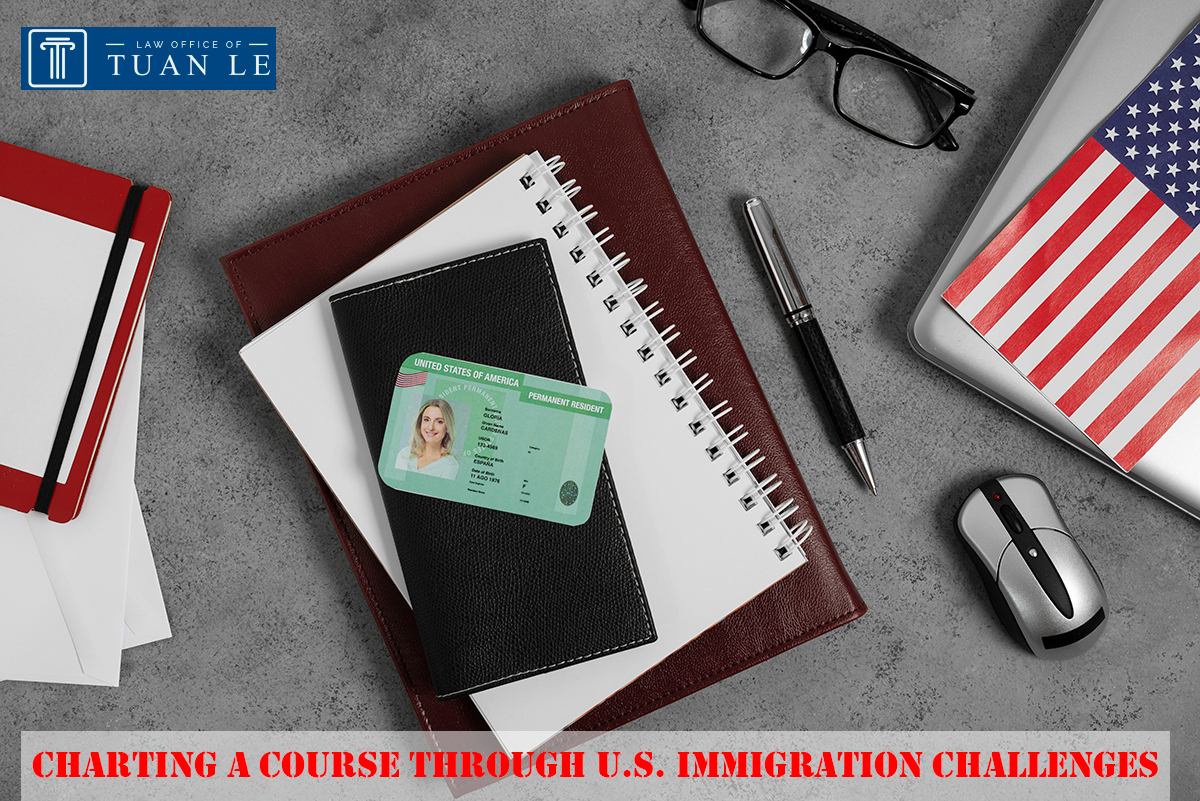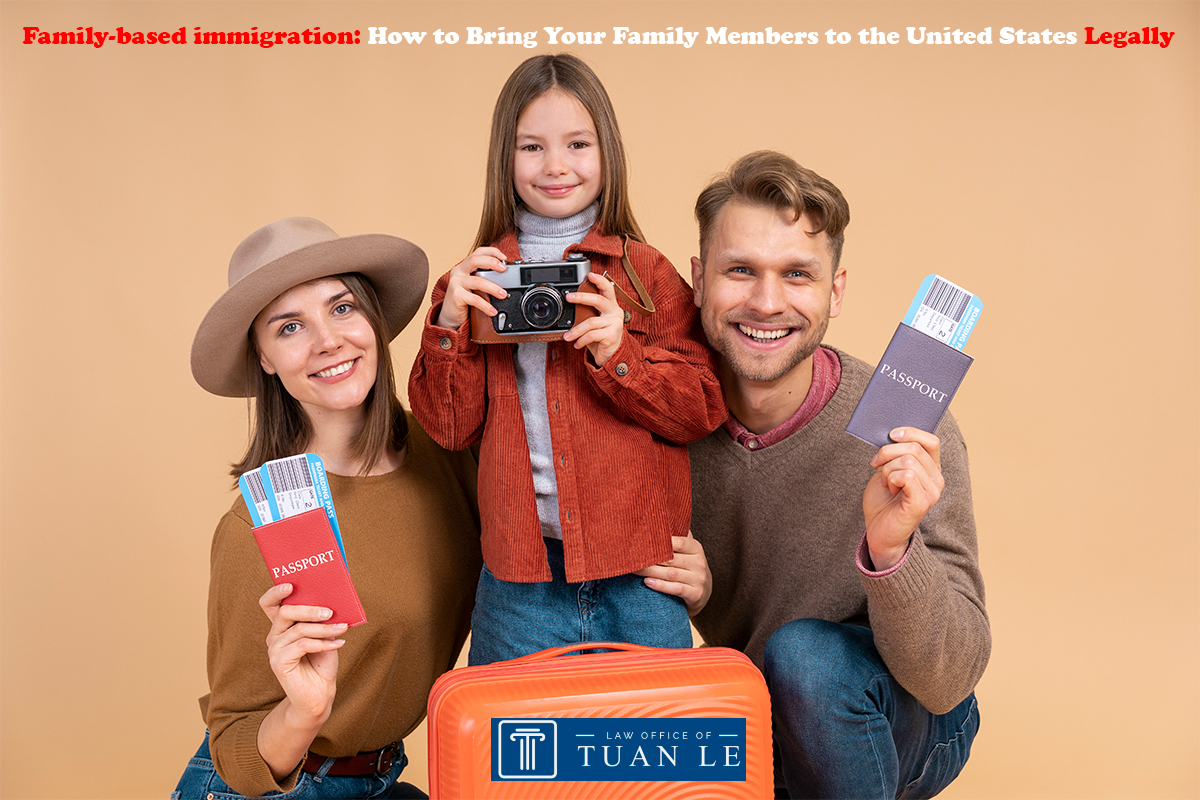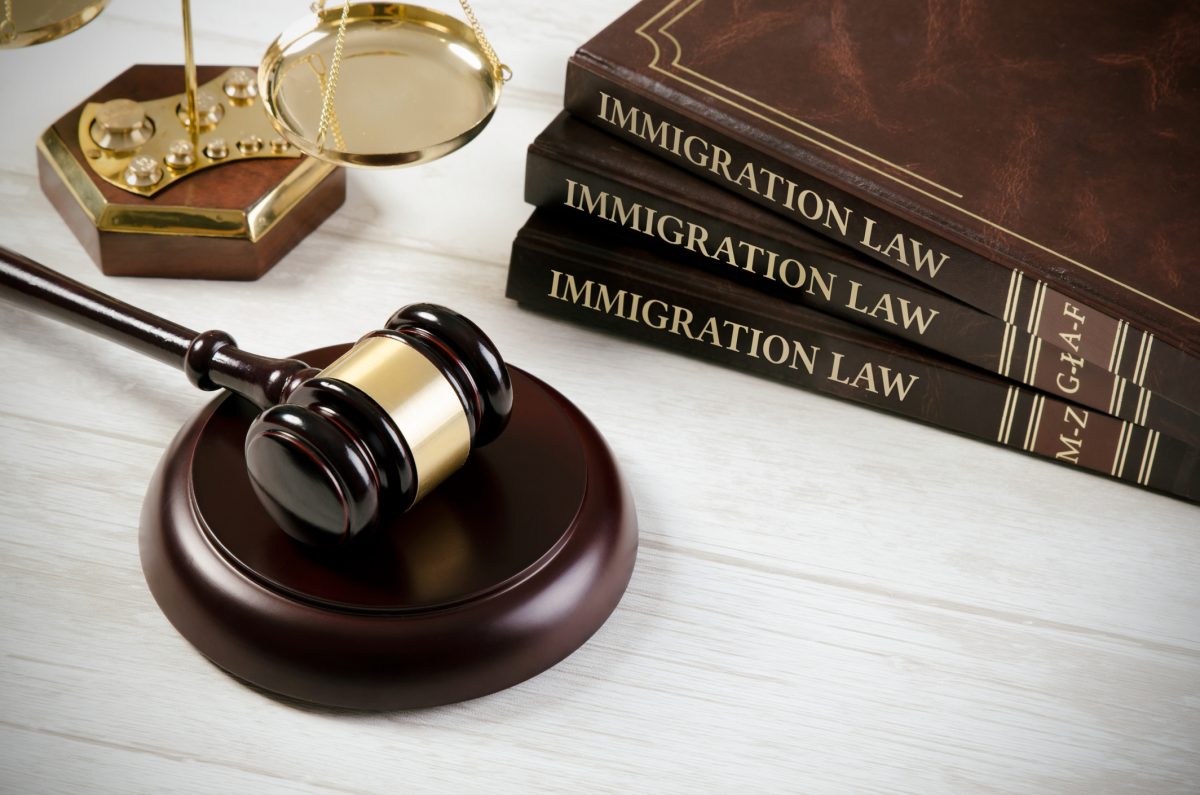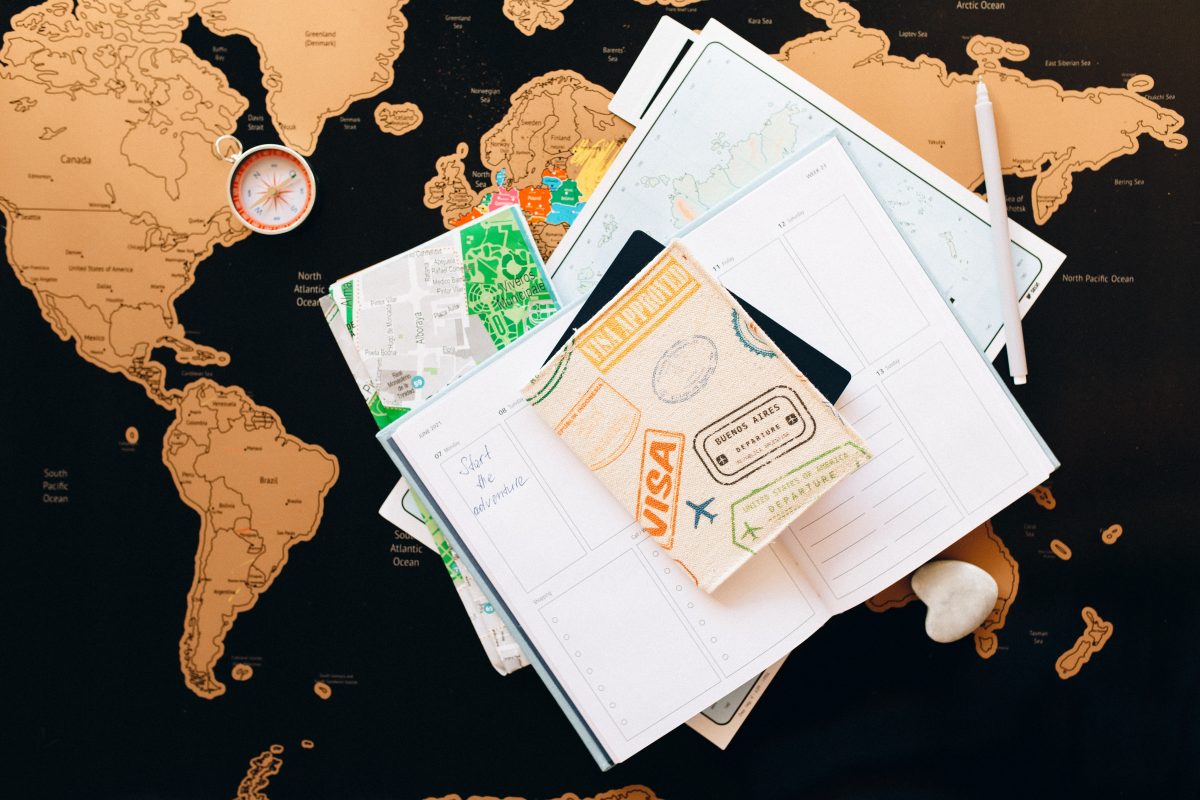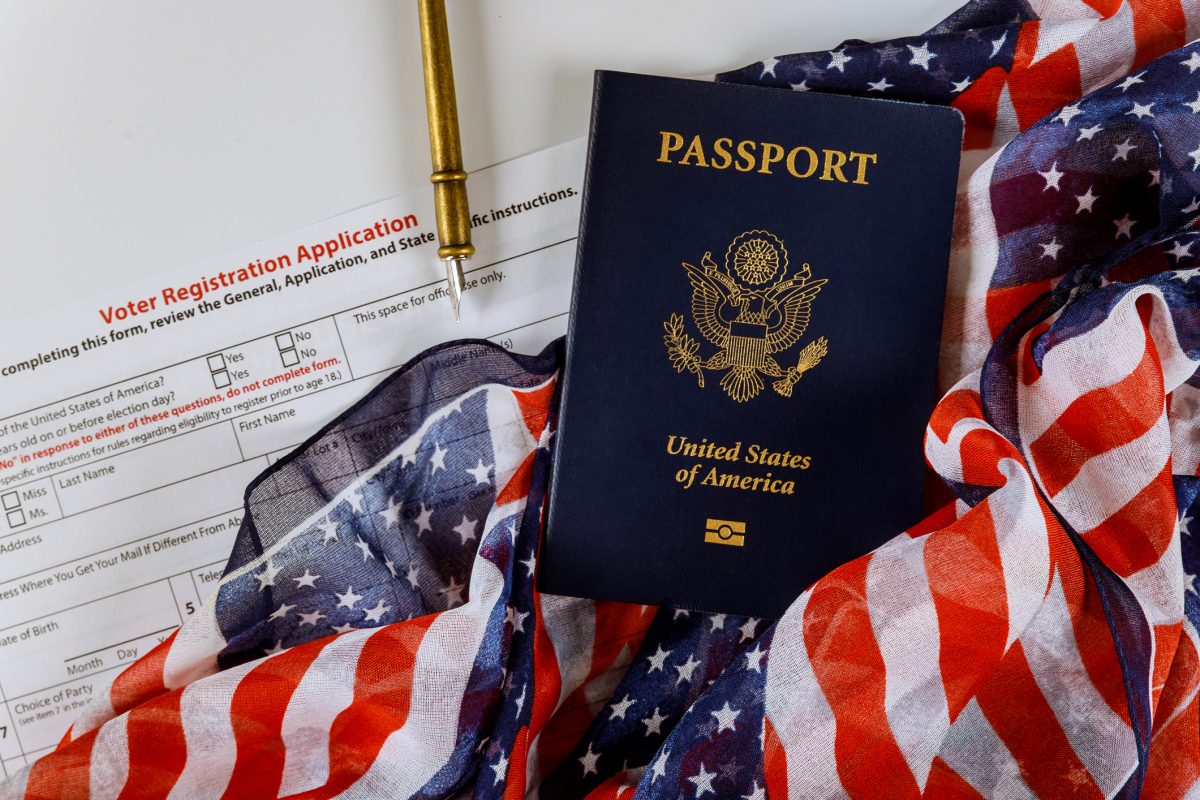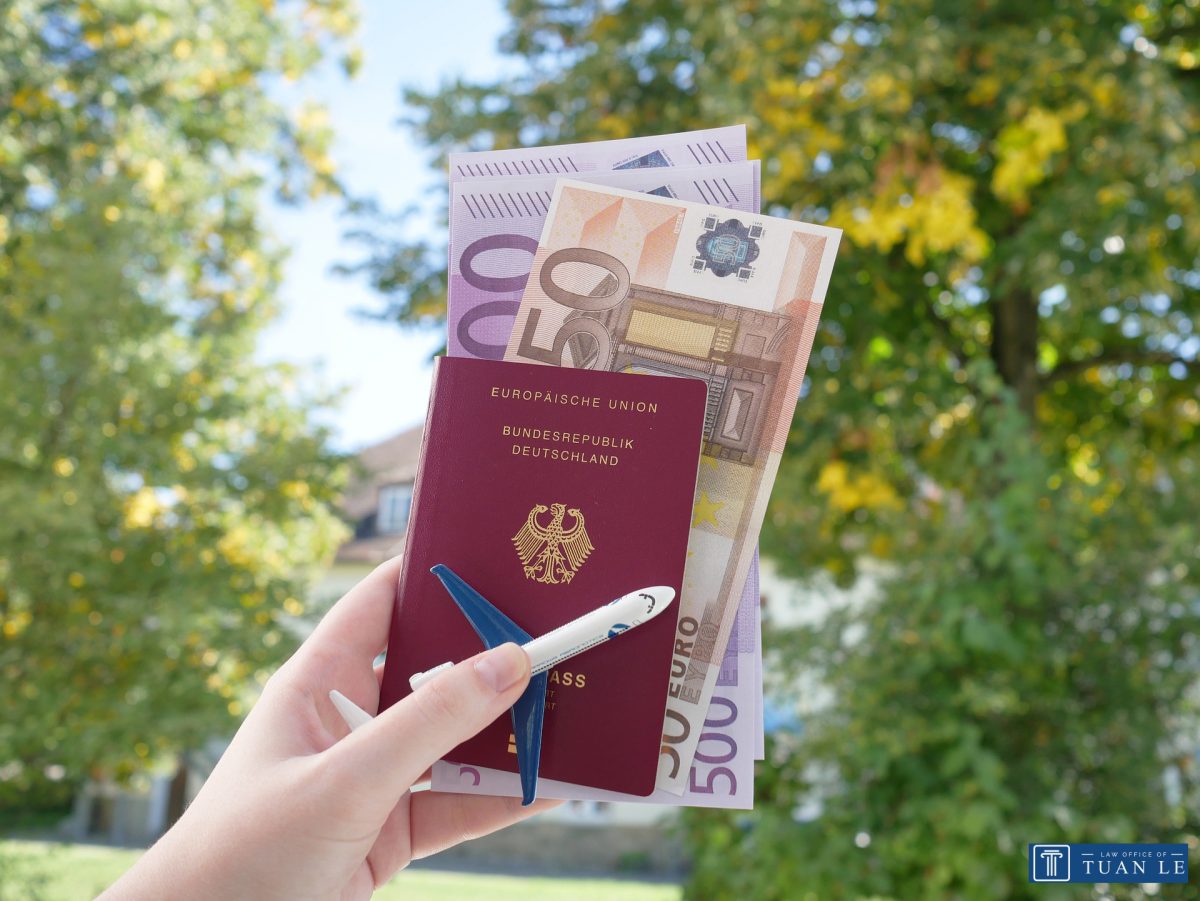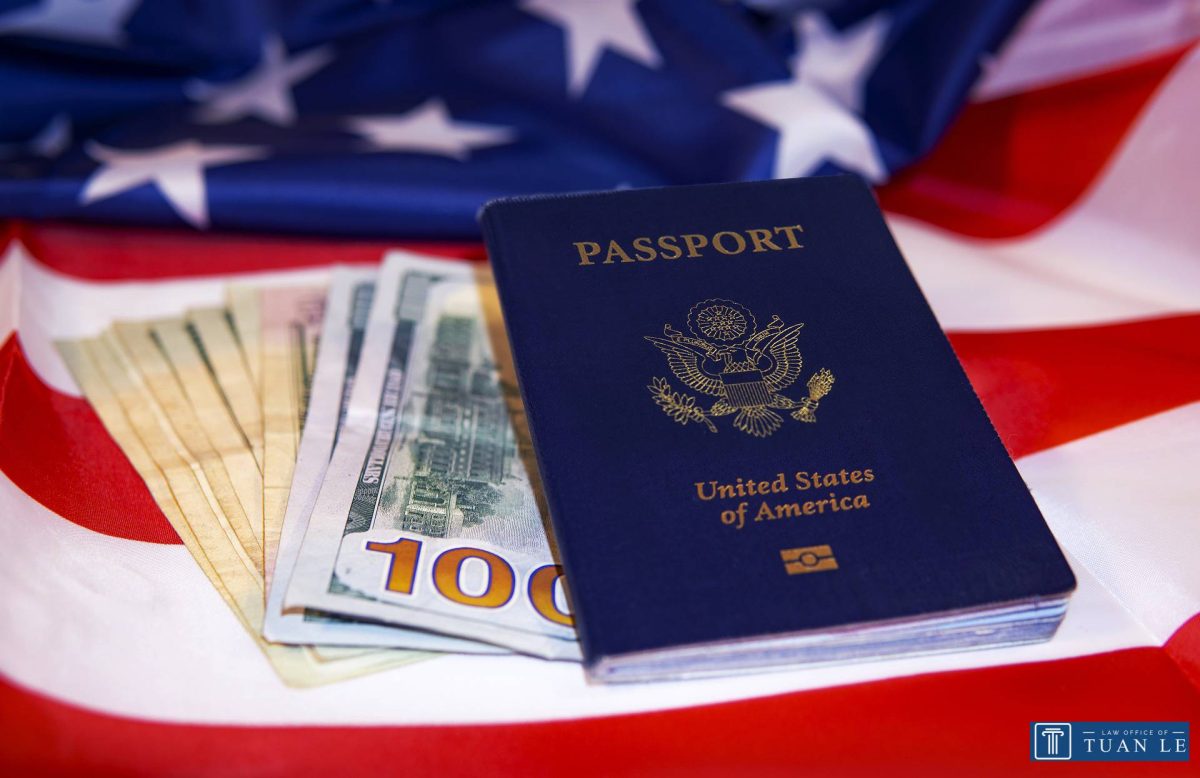F-1 Student Visa Application and Embassy Interview
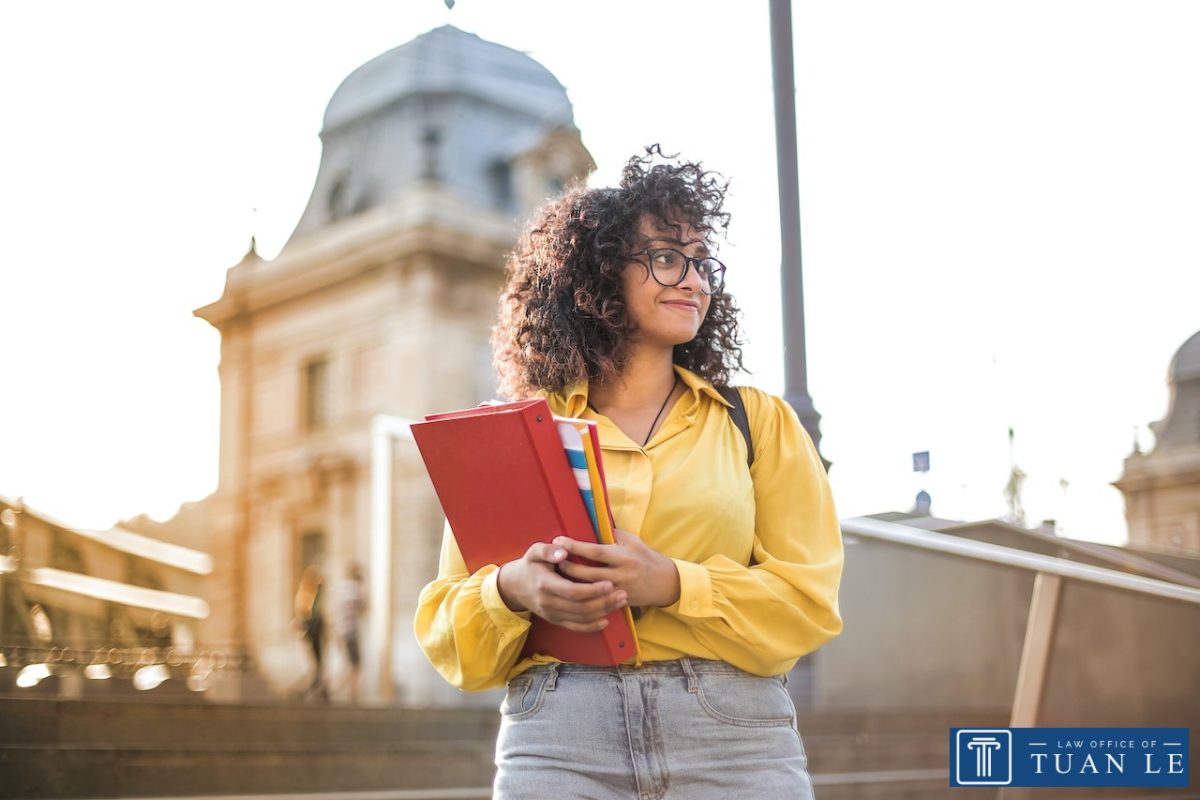
If you wish to study in the U.S., you will have to obtain a kind of student visa; M-1, J-1, or F-1 visa. The process of applying for a student visa can be time-consuming, complicated, and stressful. You will also be required to have an embassy interview. With the help of our immigration lawyer, we walk you through every step you will have to take for an F-1 student visa application.
Our reputable law office has solid experience in such cases.
Schedule an appointment here.
Who Needs an F-1 Visa?
The non-immigrant F-1 visa is used to allow foreign students to come to the U.S. to study at universities, colleges, schools, conservatories, and any other academic institutions that are eligible to accept F-1 visa holders as students. In other words, the educational institution must have the Student Exchange and Visitor Program (SEVP) certification. You can find a list of approved institutions here or search the school’s name to see if it is certified.
This visa is not suitable for those who wish to train at a vocational school. They have to obtain an M-1 visa.
Who Is Eligible for an F-1 Visa?
To apply for an F-1 visa, you have to meet the following requirements to be qualified.
- You must be admitted into an academic institution that is SEVP-certified. After your enrollment is finalized, you will be registered with the Student and Exchange Visitor Information System (SEVIS). Then, you will be required to pay $350 for the I-901 fee (learn more about this fee here) so that your school will send you a Form I-20 which proves your acceptance. This is what makes you qualified for an F-1 student visa application.
- The program must be full-time (at least 18 hours a week).
- You have to be fluent in English and prove your proficiency by getting an international English certification, like TOEFL.
- You have to have enough financial funds (your bank account and/or scholarship funds) to cover the expenses while you study and live in the U.S.
- You have to have some proof of your financial sufficiency.
- You have to be able to prove that you intend to return to your home country after your study program is over.
- You have to live outside the U.S.
After making sure you meet all these requirements, you can start the F-1 student visa application process.
F-1 Student Visa Application Process
The application process can be divided into different steps. The first step in the F-1 student visa application process is collecting all the required documents. Then, you will be ready to apply and submit the documents. After that, you will attend the embassy interview and wait for your visa if your application is approved.
Now, let’s go over these steps in detail.
F-1 Visa Required Documents
The following documents are necessary when you want to file for an F1 visa.
- A valid passport,
- Two recent passport-style photos that meet the U.S. government standards (see the guideline here),
- Receipt of F-1 visa fee,
- Form I-20 that proves your enrollment at a U.S. academic institution,
- Proof of adequate funds for your education and life in the U.S. that can include bank statements, scholarship fund, tax records, a loan, a Form I-134 if you are sponsored by someone, etc.,
- Documents proving your education and qualifications, such as your English certification (IELTS, TOEFL, GRE, etc.) and your degrees,
- Receipt of health insurance for international students’ fee. However, before paying for insurance, check with your school. They might have some kind of group insurance program. If not, you can get health insurance for international students online through companies like Insubuy.
Where and How to Apply for the F-1 Student Visa
You can apply for an F1 visa online by completing Form DS-160. Filling out this application form takes a while, approximately 90 minutes if you have all the information readily available. This Form DS-160 exemplar will help you in completing the form correctly. Go over it before starting your application to make sure you have all the necessary information required by the form.
We also recommend consulting with an immigration attorney before filing your visa application. Fill out our contact form and we will reach you.
Fortunately, most parts of the form have been translated into different languages, so in case of difficulty, you can check the translation.
You are also required to pay $160 for the application fee. Then, applicants between the ages of 13 to 80 must schedule a visa interview at a U.S. embassy or consulate. Preferably, you should have the interview in your home country, but if it is not an option, you can have it in another country. However, this makes the application process lengthy and more complicated.
To schedule an appointment for your embassy interview, you need your valid passport number, the CGI reference number, and your Form DS-160 confirmation code. You can schedule your interview here.
Embassy Interview for F-1 Visa Applicants
You will be more confident and relaxed if you start preparing yourself for the embassy interview a few days earlier. This includes gathering the required documents and getting your answers ready for the questions.
Documents to Take to an F1 Visa Interview
Gather all the necessary and supporting documents below and organize them in an orderly fashion to be able to find them easily at the interview.
Documents you must have with you, otherwise, your application will get rejected.
- The embassy appointment letter,
- The confirmation page of your Form DS-160,
- A recent passport-style photograph,
- Your valid current passport and all the previous ones,
- Your visa payment fee receipt.
Supporting documents needed include
- Proof of family, social, and financial ties that attest you intend to leave the U.S. after your education ends,
- Proof of financial sufficiency (Note that any photocopies of bank statements you present must be supported with their original copies.),
- Your academic documents, such as your degrees and English certification.
It is highly recommended to have both the original and photocopy of your documents.
Note: If you have a sponsor, you have to present documents related to his/her financial sufficiency, such as the original copies of recent tax forms, bankbooks, etc. You must also be able to prove your relationship with your sponsor.
F1 Student Visa Interview Questions
The main purpose of the interview is for the consular officer to get more familiar with you as a person and your real intentions for moving to the U.S. So, the questions are usually about
- Your reasons for going to the U.S.,
- Where and what you are going to study there,
- Your current job and/or major,
- Your reasons for continuing your education,
- Your reasons for choosing the U.S. as your destination, not other countries,
- The number of schools/colleges you applied to, how many of them rejected you, and how many of them accepted you,
- If you know any of the professors at your school and their names,
- What you know about the city your school is located in,
- Your previous visits to the U.S.,
- Your dependents,
- Your international standardized tests scores, such as GRE, IELTS, TOEFL, SAT, etc.,
- How much the school is going to cost and your plans for covering your expenses,
- Your sponsor and his/her occupation (in case you have a sponsor),
- Your family, brothers, sisters,
- If you wish to come back to your home country on vacation,
- If you have any family or friends in the U.S.,
- What your plans are for after graduation and your future career,
- If you intend to come back to your home country after graduation and how certain you are about this,
- Why you think they should issue you a student visa.
Important Tips for Your Embassy Interview
Besides preparing the documents and your answers, you should follow the advice below to make a better impression.
- Be on time. Try to be there half an hour earlier.
- Dress appropriately.
- Do not take a lot of time thinking about answering the questions. This is another reason why it is crucial to prepare your answers in advance.
- Try to make your answers as clear as possible.
- Avoid lying or presenting false documents.
- Stay calm and confident (but avoid drinking alcohol).
- Sometimes interviews start a bit later than the scheduled time, so be prepared for a possible delay.
Still not sure how to apply? Get your free 30-minute consultation with an experienced immigration lawyer now
Other Questions and Concerns Regarding the F-1 Visa
When it comes to getting a visa, there are a lot of questions and concerns on the part of applicants. Let’s discuss a few of the most common ones.
How Much Does an F-1 Student Visa Application Cost?
Apart from the cost of gathering together all the required documents, there are some fees you need to pay during the process.
- $350 for the I-901 fee,
- $160 for the F-1 student visa application,
- The health insurance fee, which depends on the plan,
- If your application is approved, you might be asked to pay an issuance fee depending on your nationality.
These fees are non-refundable.
How Long Is the Processing Time for an F1 Student Visa Application?
Given the time it takes to get accepted at an academic institution in the U.S., the whole process can take up to a year. However, when you get your acceptance letter, the F-1 student visa application process would not take a long time. It mostly depends on the time you have to wait for your interview which varies case by case.
After the interview for the F1 visa, you will be informed if your application is approved or rejected almost immediately. But you have to wait up to 21 working days for your visa to be processed and issued. It will also take a few days to receive it through the mail.
Can My Family Come with Me on an F1 Visa?
Yes. The spouses and children (unmarried and under the age of 21) of F1 visa holders can apply for an F2 visa at the same time or later.
How Long Is an F1 Visa Valid for?
An F1 student visa is valid for up to 5 years, and the student can enter the U.S. as early as one year before their study program starts.
Hire an Immigration Attorney to Complete Your F-1 Student Visa Application
Completing Form DS-160, preparing for the embassy interview, and gathering the documents required can be confusing and frustrating. You should also know what proofs are good enough to convince the consular officers that you are tied to your home country and you genuinely intend to leave the U.S. after your course is over, or the proof of your financial sufficiency. But you can put your mind at ease by getting advice from our accomplished immigration attorney who has helped numerous students with their F-1 student visa application process.
The Law Office of Tuan Le, in Orange County, is always here for you. Contact us at (714) 877-5840 to make an appointment with our immigration lawyer.
The information provided on this page or article does not, and is not intended to, constitute legal advice; instead, all information, content, and materials available on this this page or article are for general informational purposes only. Information on this this page or article may not constitute the most up-to-date legal or other information.
Readers of this this page or article should contact their attorney to obtain advice with respect to any particular legal matter. No reader, user, or browser of this this page or article should act or refrain from acting on the basis of information on this site without first seeking legal advice from counsel in the relevant jurisdiction.
By Tuan Le|March 30th, 2023|Uncategorized|Comments Off
About the Author: Tuan Le
Are you dealing with an immigration issue or planning to file for bankruptcy? Mr. Tuan Le is an expert attorney who offers representation in all these areas.
